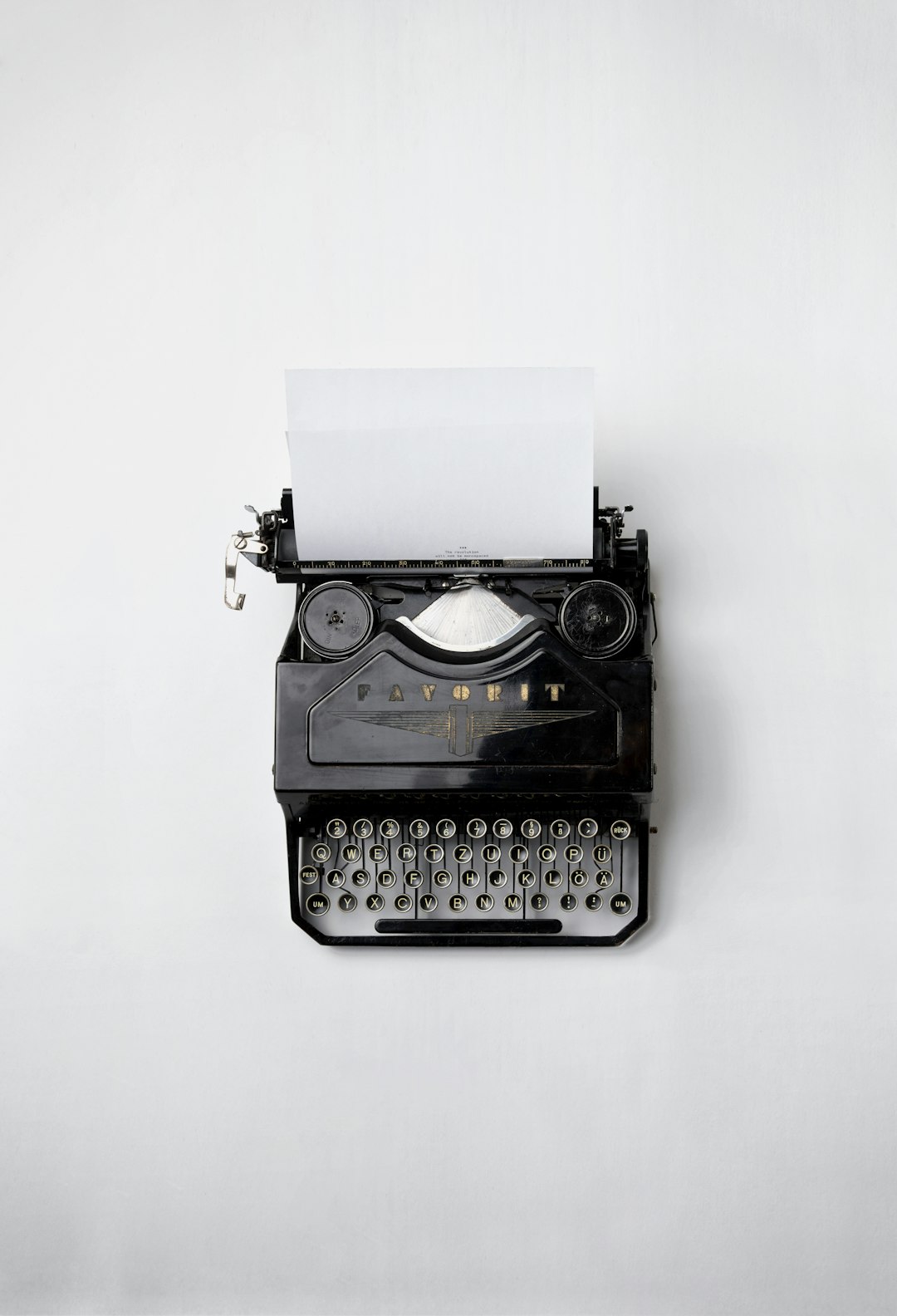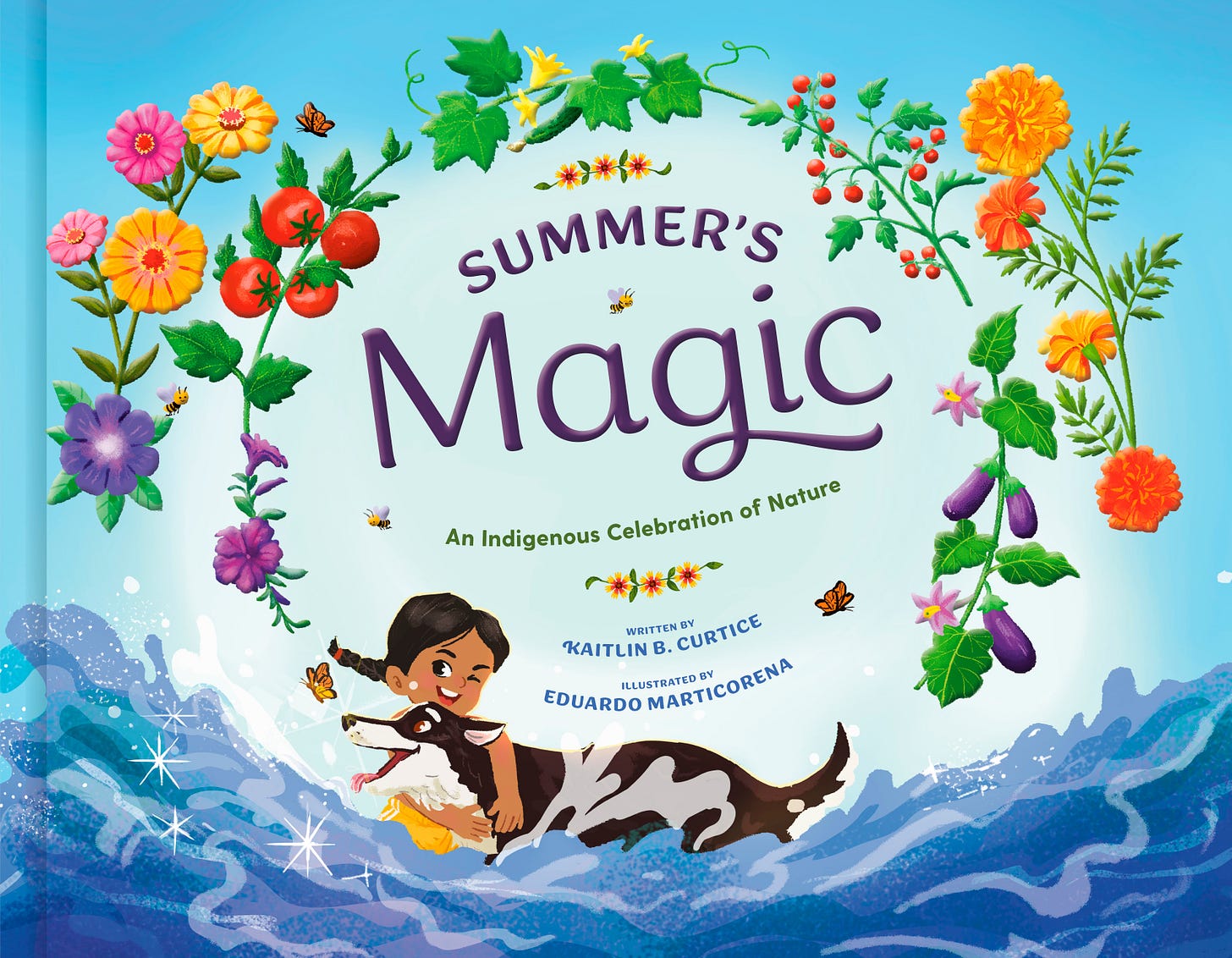What Is a Publisher's Responsibility?
From the Is Publishing Sustainable? Series
Hello friends!
Welcome to the Is Publishing Sustainable? series, where we ask big questions about publishing and explore if publishing is sustainable (hint: it’s not!).
Today I want to focus on this question: what is a publisher’s responsibility?
I shared in the introduction post for this series that I see being a published author in four parts:
📖One part publisher responsibility (are they doing their part?)
🔥One part author hustling (and managing burnout)
🫶🏼One part loyal readers (are they out there!?)
🍀One part luck (get the right eyes at the right time on the book)
plus some thoughts on a more sustainable way to launch our books.
Just this week, I’ve witnessed folks who recently released books share about how exhausted they are. Whether they are connecting that exhaustion to their recent book launch or not, I know enough to understand that they are reeling from the pressure, because I’ve done this now four times, and it doesn’t get easier despite telling myself that it will. I often fall into the same traps, which is why I want to have this conversation—we have to talk about how to explore sustainability in publishing.
So today we are focusing on the publisher aspect of things. Asking what role the publisher plays in our work as authors is really important, and I want to share three ways that I’ve shifted how I think about my responsibility in publishing as well as the publisher’s responsibility:
publishers aren’t our community, so we must build community elsewhere
publishing is colonial, linear, racist, and too white
it can’t be about the numbers or we will never be happy
This, of course, isn’t an exhaustive list of thoughts on publishers, and I know I am missing some things. It also isn’t a “call-out” but a way to name and bring to light some of the issues we’ve experienced as authors. I have had ups and downs in my publishing journey, but am so grateful for the teams I’ve worked with. Nevertheless, there is a lot of work to do as we dream of and move toward sustainability, and at the end of the day, publishing is an industry in a capitalistic culture.
So, these are a few thoughts based on what I’ve noticed and conversations I’ve had with other authors. And I believe these three things are important enough to look deeper into in order to care for ourselves in better ways as authors who are part of an industry that can be toxic.

First, our publishers can’t be our most-valued community, and we must build community elsewhere.
I’ve realized this after working with three different publishers over about eight years of being in this work. As much as I love thinking of my publishing team as a community of people who are my people and there to support me and know the real me, it’s important to set a distinction, especially as an Indigenous woman: publishers are there to push books they believe in, to make money, and to keep the institution going.
When I realized that this is the truth, it gave me freedom to let go of the pressure to imagine or assume that a publishing relationship is anything but business. A publisher can and should be supportive, but that doesn’t mean they can take on the role of being our people, our community.
I’m not telling you that you should have an unhealthy relationship with your publisher, either. Fight for a healthy relationship based on communication and respect, of course! But build your community elsewhere. I’ve come to a similar point with social media, where I had to realize that it is a space to share resources and work, and not a community of trustworthy people who want the best for me.
That’s why I’m so passionate about helping authors (especially women, Black folks, Indigenous folks, women of color, and other marginalized folks) establish communities of support with each other, so that when things get hard in the publishing world, we have someone to turn to, someone to share the difficult stuff with, someone to remind us that we are human.
Building a network of author friends, of creator friends, of other friends who are simply there to offer a listening ear and support is really, really important in this work, because being an author can often feel extremely isolating.
But together, we can face the industry in a way that is supported. We can honor the boundaries we set with the publishing industry. We can learn what it means to sustain our own care in systems that don’t always know how to care for us.

Second, publishing is colonial, linear, racist, and too white. The sooner we acknowledge this, the better.
I am not the first or the last author to write about this, and you can read more about it all over the internet with a quick google search or by following some places like RowHouse Publishing on Instagram, who shares some incredible resources and supports minority authors in major ways. But today, I am sharing from my experiences as an Indigenous woman.
Please read this introduction from a Pen America piece on Race and Equity in Publishing:
In 2020, the publishing industry entered a moment of moral urgency about the persistent lack of racial and ethnic diversity among employees and authors. The industry is disproportionately white, and the canon of published books from trade publishers is overwhelmingly so. According to one analysis, 95 percent of American fiction books published between 1950 and 2018 were written by white people. While that analysis looks at a broad sweep of time, more recent figures indicate that both the publishing industry, and the books it puts out, remain disproportionately white. The lack of diversity in the ranks of publishing professionals and in the works brought to market are linked: In a cultural industry like publishing, where subjective interpretations of what constitutes good or marketable literature are a major determinant of what gets published, the whiteness of the industry’s staff has accompanied a largely white cadre of published authors.
It’s 2024, and while we see a lot of book by diverse authors, I want to reiterate how difficult it is out there to be a minority. Every meeting, every email, has to be checked to make sure I keep the right tone. Every opportunity to share about my books comes with pressure, representing who I am as an author but also as a Potawatomi woman while trying to keep a publisher happy in the process.
And at every turn, with every new book contract, I have to ask myself if my voice will be truly valued in the established publishing relationship—will my publishing team hold themselves accountable when they don’t take the time to understand what I am saying as an Indigenous woman? Will they value my cultural views? Will they consider their own colonial attitudes? Will I have the bravery to stand up for myself when I need to?
We have to ask these questions, because if we don’t, no one else will. We have to fight for seasonal, cyclical writing and living in an industry that is extremely linear.
We are our best advocates, and our teams of agents, editors, other writers in the community, etc., are alongside us to remind us that our voices do indeed matter, and in the difficult times, should be there to remind us that the systems are colonial and capitalistic because we live in a colonial and capitalistic culture.
Just like with other systems we believe in, we challenge institutions that we know can and should be better. We challenge publishing because we dream of a better future for all of us.
Third, it can’t just be about the numbers or we will never be happy.
Here’s a shitty thing we have to do as authors: pay attention to the numbers, but not too much; celebrate when we sell a good amount of books, but keep a level head because we will need to sell more; share about our stuff on social media, but not too much; try to keep a level amount of anxiety when the algorithms mess everything up; keep a sense of control but don’t let it spiral.
I fall for this every single time, a pendulum swing from I don’t care how many books I sell, my words matter! to if this book doesn’t do well, I don’t know how to be an author and I’ve obviously failed.
Somewhere in the middle, there’s a beautiful place where we can recognize that numbers aren’t everything, and every single email we get from a reader who says our words changed their lives will be the thing that gets us through.
I keep a word document on my computer that’s for those encouraging words, because I need them when I don’t hit the right amount of sold books, or I do all the things I was told to to do on the “how to market a book” checklist and still didn’t get the NYT best-seller slot. Despite what we want to believe, in some ways the system is rigged, and while we do our best (and often exhaust ourselves along the way), it won’t always amount to the money we need.
Here are a few of them:
Just finished reading Native and wanted to say "thank you". Good and beautiful and hard and challenging words. I am a recovering white cig gendered male. I will endeavor to work to decolonize, to build a whole and just world, and to do it in solidarity with all, including our creature friends. Blessings.
I am reading your book, "Native" with women at my church. I am the one and only African American among a white group of women. Your book nurtures my soul.
I keep these words of encouragement because being an author has to be about more than the numbers. The numbers matter for our publishers, of course they do, they have to for an institution whose goal is to sell books, and for us to make money in order to provide for ourselves.
But what we have to do is work hard, believe in our words, check in on the numbers as we should, and still remind ourselves that the colonial systems we are a part of cannot be the only measurements of our successes or happiness.
They just can’t.
And here is where it all comes back around again—
Acknowledge that our publishing systems are extremely white, often racist, and colonial.
Remember that your community is out there, and that we are all struggling to find the support we need from others who also hope for a more sustainable path.
And when things get hard and the numbers game feels overwhelming, take a deep breath and honor the actual people who read our words and accept them into their lives as a gift and reminder to keep going.
When we can set boundaries to honor who we are and who the publisher is and know that they are not the same, we can begin to find our way in an industry that is really difficult to navigate.
Does it fix all the problems? No, friends.
But I’m not here to fix all the problems. I just want us to hold each other steady along the way.
Meet me here next time to explore author burnout (yay) and the myth of the hustle (also yay).









This is all such great advice. Thank you, and I can’t wait to see what else you have to say!
As an author in the final stages of editing before publishing my first book, I really appreciated this.